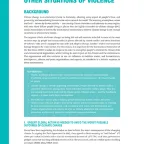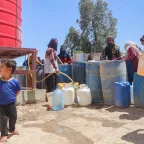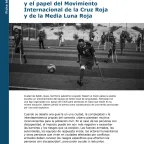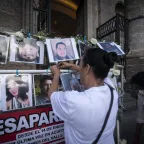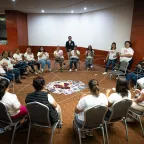ICRC Position on Climate Change, Armed Conflict and Other Situations of Violence
The negative effects of climate change are being felt and will continue to be felt in some of the most extreme ways by people and communities in places affected by armed conflict and other situations …

